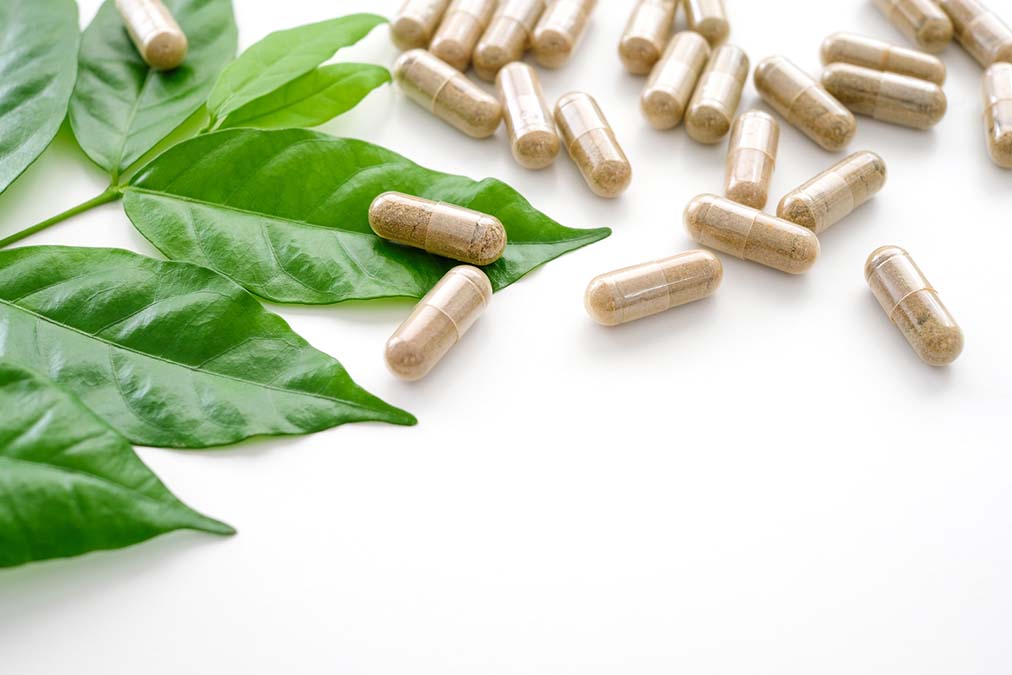 Herbal remedies can be extremely powerful in tackling various diseases.
Herbal remedies can be extremely powerful in tackling various diseases.
But be warned.
According to a new study from the University of Guelph’s Biodiversity Institute, you are at a 60 percent risk of getting completely different results than you expect.
And sometimes these herbal consequences can be lethal.
Almost 60 percent of herbal supplements investigated contained substances that were not listed in the ingredient list.
In one-third, the prime ingredient was replaced with a completely different product!
Almost 20 percent of the herbal supplements contained various unlisted fillers, such as wheat, soybeans, and rice.
The study investigated 12 companies that produce herbal supplements, and only 2 of them did not use any fillers, unlisted additives, or contaminants in their products (the authors did not, unfortunately, reveal which companies were good and bad).
Unlisted ingredients could pose serious health hazards to consumers. Various herbal supplements are not recommended for long-term use and could interfere with other health conditions and ingredients.
Moreover, there is a high risk for people with allergies, as some products were found to be contaminated with walnut leaves and gluten.
This may explain why some studies have “proved” various herbal remedies useless for conditions, even if it’s a well-known fact that the true herb actually works.
In the US, there is still very little control over these herbal products. They are considered a dietary supplement and, unlike medicines, do not need the approval of the FDA.
Good advice is to not only carefully examine the herbal product you buy but also to research very thoroughly the reputation of the company that produces these herbal supplements.
Oftentimes it’s better to invest in a good-quality organic product than a cheaper product that only provides false security.
Here are tips on how to tackle various diseases without drugs or herbs:

 Overcoming IBD
Overcoming IBD Multiple Sclerosis
Multiple Sclerosis Banishing Bronchitis
Banishing Bronchitis Gum Disease Gone
Gum Disease Gone Overcoming Onychomycosis
Overcoming Onychomycosis Neuropathy No More
Neuropathy No More The Prostate Protocol
The Prostate Protocol Brain Booster
Brain Booster
 Ironbound
Ironbound
 Solution for Shingles
Solution for Shingles
 The Bone Density Solution
The Bone Density Solution
 The Ultimate Healing Protocol
The Ultimate Healing Protocol
 The Parkinson's Protocol
The Parkinson's Protocol
 The Chronic Kidney Disease Solution
The Chronic Kidney Disease Solution
 Overthrowing Anxiety
Overthrowing Anxiety The Fatty Liver Solution
The Fatty Liver Solution The Hypothyroidism Solution
The Hypothyroidism Solution
 The End of Gout
The End of Gout The Blood Pressure Program
The Blood Pressure Program
 The Oxigized Cholesterol Strategy
The Oxigized Cholesterol Strategy
 Stop Snoring And Sleep Apnea Program
Stop Snoring And Sleep Apnea Program
 The Arthritis Strategy
The Arthritis Strategy The Vertigo & Dizziness Program
The Vertigo & Dizziness Program The 3-Step Diabetes Strategy
The 3-Step Diabetes Strategy Hemorrhoids Healing Protocol
Hemorrhoids Healing Protocol The Erectile Dysfunction Master
The Erectile Dysfunction Master Weight Loss Breeze
Weight Loss Breeze The IBS Program
The IBS Program The Insomnia Program
The Insomnia Program The Migraine and Headache Program
The Migraine and Headache Program The Neck Pain Solution
The Neck Pain Solution The Menopause Solution
The Menopause Solution The Ejaculation Master
The Ejaculation Master The TMJ Solution
The TMJ Solution The Acid Reflux Solution
The Acid Reflux Solution The Fibromyalgia Solution
The Fibromyalgia Solution The Psoriasis Strategy
The Psoriasis Strategy